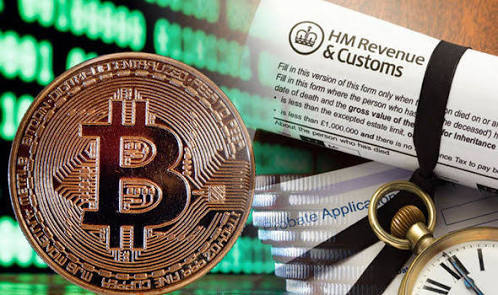As We understood that a cash system needs to
be “bootstrapped,” but the benefit is that it avoids the possibility of a buyer defaulting on her debt.
.jpg)
Cash offers two additional advantages. The first is better anonymity. Since your credit card is issued in
your name, the bank can track all your spending. But when you pay in cash, the bank doesn’t come
into the picture, and the other party doesn’t need to know who you are. Second, cash can enable
offline transactions where there’s no need to phone home to a third party in order to get the
transaction approved. Maybe later, they go to a third party like a bank to deposit the cash, but that’s
much less of a hassle.
Bitcoin doesn’t quite offer these two properties, but comes close enough to be useful. Bitcoin is not
anonymous to the same level as cash is. You don’t need to use your real identity to pay in Bitcoin, but
it’s possible that your transactions can be tied together based on the public ledger of transactions
in Bitcoin doesn’t work in a fully offline way either.
The good news is it doesn’t require a central server, instead relying on a peer-to-peer network which is resilient in the way that the Internet itself is. The earliest ideas of applying cryptography to cash came from David Chaum in 1983. Let’s understand this through a physical analogy. Let’s say I start giving out pieces of paper that say: “The bearer of this note may redeem it for one dollar by presenting it to me” with my signature attached. If people trust that I’ll keep my promise and consider my signature unforgeable, they can pass around these pieces of paper just like banknotes. In fact, banknotes themselves got their start as promissory notes issued by commercial banks. It’s only in fairly recent history that governments stepped in to centralize the money supply and legally require banks to redeem notes. I can do the same thing electronically with digital signatures, but that runs into the annoying “double spending” problem — if you receive a piece of data representing a unit of virtual cash, you can make two (or more) copies of it and pass it on to different people.
To stick with our analogy, let’s stretch it a little bit and assume that people can make perfect copies and we have no way to tell copies from the original. Can we solve double spending in this world? Here’s a possible solution: I put unique serial numbers into each note I give out. When you receive such a note from someone, you check my signature, but you also call me on the phone to ask if a note with that serial number has already been spent. Hopefully I’ll say no, in which case you accept the note. I’ll record the serial number as spent in my ledger, and if you try to spend that note, it won’t work because the recipient will call me and I’ll tell them the note has already been spent. What you’ll need to do instead is to periodically bring me all the notes you’ve received, and I’ll issue you the same number of newnotes with fresh serial numbers.
This works. It’s cumbersome in real life, but straightforward digitally provided I’ve set up a server to do the signing and record-keeping of serial numbers. The only problem is that this isn’t really cash any more, because it’s not anonymous — when I issue a note to you I can record the serial number along with your identity, and I can do the same when someone else later redeems it. That means I can keep track of all the places where you’re spending your money. This is where Chaum’s innovation comes in. He figured out to both keep the system anonymous and prevent double-spending by inventing the digital equivalent of the following procedure: when I issue a new note to you, youpick the serial number. You write it down on the piece of paper, but cover it so that I can’t see it. Then I’ll sign it, still unable to see the serial number. This is called a “blind signature” in cryptography. It’ll be in your interest to pick a long, random serial number to ensure that it will most likely be unique.
I don’t have to worry that you’ll pick a serial number that’s already been picked — you can only shoot yourself in the foot by doing so and end up with a note that can’t be spent.
Heynice article. You just earned a follow and upvote from @kwabeedat
Downvoting a post can decrease pending rewards and make it less visible. Common reasons:
Submit
Thank you so much @kwabeedat
Downvoting a post can decrease pending rewards and make it less visible. Common reasons:
Submit
Nice article.
Downvoting a post can decrease pending rewards and make it less visible. Common reasons:
Submit
Thank you so much. You are welcome @elnomadadigital
Downvoting a post can decrease pending rewards and make it less visible. Common reasons:
Submit
nice post . try this link you can earn more https://getcryptotab.com/1236129 payments proof
Downvoting a post can decrease pending rewards and make it less visible. Common reasons:
Submit
It is an amaizng link lol @romenshakila
I hope i coul learn more
Downvoting a post can decrease pending rewards and make it less visible. Common reasons:
Submit